Embarking on the journey of doing Montessori from birth presents a unique opportunity to foster a child’s innate curiosity and zest for discovery. This approach, centered on respect for the child’s autonomy and natural learning pace, perfectly aligns with an infant’s developmental needs. It fill the child with life.
Montessori from the start nurtures an infant’s individuality, independence, and self-confidence, laying a solid foundation for lifelong learning and growth. Moreover, the critical period from birth is when the brain is at its most malleable, absorbing information and experiences like a sponge.
Incorporating Montessori principles in the early stages helps to optimize this rapid brain development. These formative years are the perfect time to introduce Montessori principles, as they can significantly influence a child’s cognitive, emotional, and social development. It’s not just about education – it’s about cultivating a well-rounded, capable individual from day one.
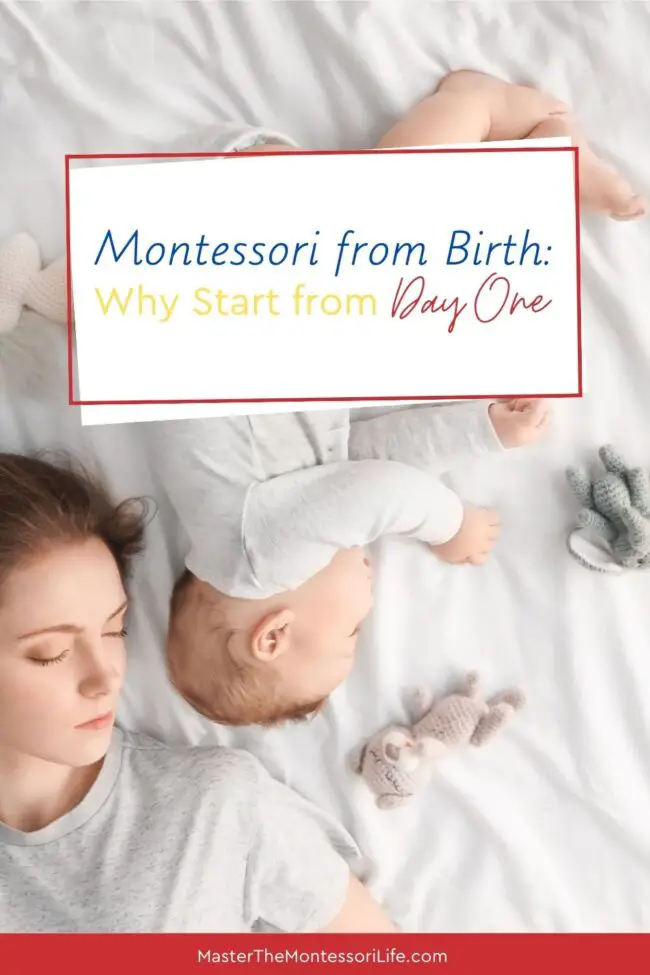
Key Points to Remember When Starting Montessori from Birth
Before you begin this rewarding journey of Montessori from birth, there are a few crucial aspects to keep in mind. Having an understanding of these will not only make the transition smoother but will also ensure that you’re fostering an environment that respects your infant’s developmental needs.
The following points will guide you in creating a nurturing Montessori environment that will support your child’s natural learning pace and encourage their individuality right from the start.
1 Establish a Prepared Environment
The Montessori environment for infants is designed to encourage exploration and independence. This includes having toys and materials at the child’s level, using child-sized furniture and creating safe spaces for movement and discovery.
The first step towards creating a Montessori environment for your baby involves mindfully organizing your living spaces with your infant’s perspective in mind. Consider eliminating potential hazards, ensuring that your setup is baby-proofed and secure. Next, focus on offering a range of age-appropriate Montessori toys that promote sensory exploration and motor skills development, such as stacking blocks, texture cards, and musical instruments.
Additionally, maintain low shelves with easily accessible toys and materials that allow your baby to choose what interests them. Incorporating low mirrors can also contribute to self-awareness and motor development. Above all, remember to keep the environment simple and uncluttered to avoid overwhelming your baby and to foster focused and relaxed learning.
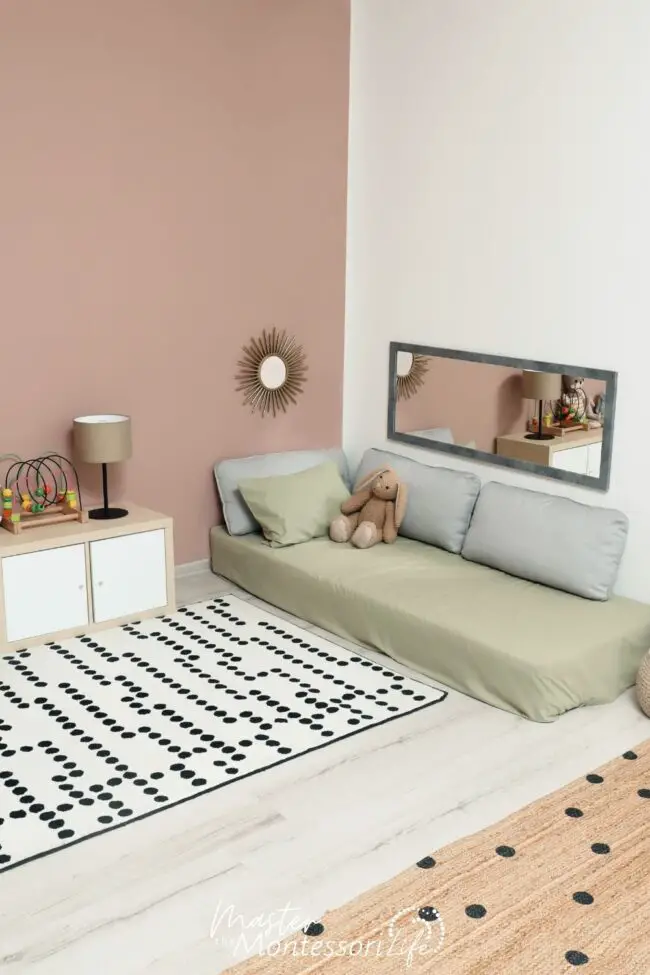
2 Respect for the Child
Montessori philosophy emphasizes respect for the child’s individuality. Observe your child’s interests and curiosities, and adapt the environment and activities to foster their self-directed learning. Every child learns and grows at a different rate, and it’s important to honor this individual pace in a Montessori environment.
Avoid rushing your infant or enforcing strict schedules. Instead, provide opportunities for them to explore and learn at their own speed. This respect for individuality sets the stage for self-directed learning, a key tenet of Montessori philosophy.
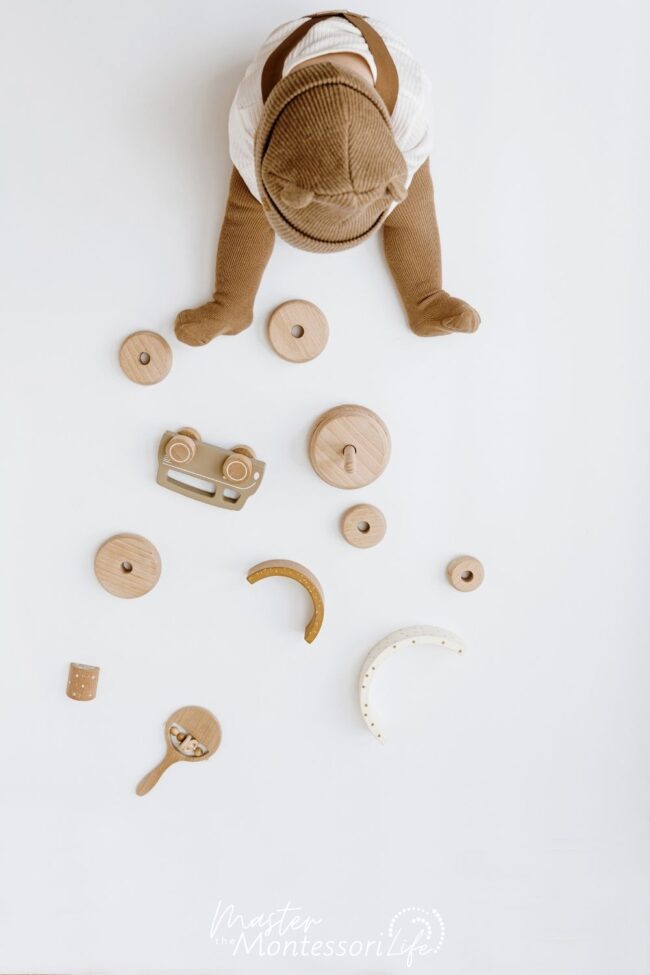
3 Promote Hands-On Learning
Montessori infants benefit immensely from hands-on experiences that engage all senses. Opt for natural materials and real-life objects over electronic toys to stimulate their cognitive development. Infants are eager explorers of their world, learning primarily through their senses in the early stages.
Montessori emphasizes the importance of sensorial experiences, using materials that stimulate the child’s senses and encourage active exploration. Textured toys, musical instruments, and colorful visuals are just some examples of sensory-rich materials that can be incorporated in the environment.
These allow infants to experience diverse sensory impressions, promoting their cognitive and perceptual development.
***For additional points and a more well-rounded wrap, I highly recommend that you consider getting my digital book that is targeting new parents who seek to follow the Montessori philosophy from Day One. Read below!
In Conclusion
Starting Montessori from birth may seem daunting, but with these key points in mind, you’ll be well on your way to fostering an enriching, respectful, and independent environment for your little one. Embrace the journey, cherish each moment, and remember – the goal is not perfection, but growth and discovery.
You might also enjoy these relevant topics:
- Montessori from Birth: Why Start from Day One
- 10 Essential Montessori Toys for Your Baby’s First Year
- The First Year of Life: Developmental Stages and Key Milestones
- How to Start doing Montessori with your Baby
- A Comprehensive Montessori Guide for New Parents
- Strategies for Fostering Independence in Babies
Montessori Wooden Baby Toy Set – 6 Pieces of Rattles, Push Car and Newborn Toys for PgUp Baby Play Gym Wooden Baby Gym with 7 Toys, Foldable Wooden Play Gym Frame Hanging
PgUp Baby Play Gym Wooden Baby Gym with 7 Toys, Foldable Wooden Play Gym Frame Hanging hahaland High Contrast Baby Flashcards – Black and White Infant Baby Cards 0-6 Months Tummy Time
hahaland High Contrast Baby Flashcards – Black and White Infant Baby Cards 0-6 Months Tummy Time MORITECK Spinning Drum, Montessori Toys for Babies 6-12 Months, Infant Kids Developmental Wooden Toy for Boy
MORITECK Spinning Drum, Montessori Toys for Babies 6-12 Months, Infant Kids Developmental Wooden Toy for Boy Montessori Play Kit for 0-6 Month Baby Tummy Time Interactive Toys Baby Brain Development Toys Rattle
Montessori Play Kit for 0-6 Month Baby Tummy Time Interactive Toys Baby Brain Development Toys Rattle Montessori Babies
Montessori Babies
- Introduce Hibernation, Migration and Adaptation to Children
 When you introduce your children to the concepts of hibernation, migration and adaptation, you will love to learn how they find food, which ones follow each of these survival techniques and so much more.
When you introduce your children to the concepts of hibernation, migration and adaptation, you will love to learn how they find food, which ones follow each of these survival techniques and so much more. - Montessori Farm Sensory Bin: Hands-On Learning
 A Montessori farm sensory bin is simple to assemble, rooted in purposeful work, and designed to invite deep exploration.
A Montessori farm sensory bin is simple to assemble, rooted in purposeful work, and designed to invite deep exploration. - Tips to incorporate Fall into your Montessori environment
 Come and find out how you can highlight and celebrate Fall in your Montessori environment without stressing out about it.
Come and find out how you can highlight and celebrate Fall in your Montessori environment without stressing out about it. - Hands-On Fun: 3 Montessori Practical Life Activities for Fall
 These simple Montessori Practical Life activities for Fall are easy to do anytime you have the materials ready.
These simple Montessori Practical Life activities for Fall are easy to do anytime you have the materials ready. - Embracing Autumn: A Montessori Guide to Fall Fun
 Spread the loveThe arrival of autumn brings a special kind of magic. The air turns crisp and leaves paint the…
Spread the loveThe arrival of autumn brings a special kind of magic. The air turns crisp and leaves paint the… - Montessori Toddler Essentials
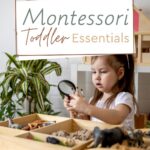 The Montessori method offers a pathway with a series of Montessori toddler essentials that you will find helpful.
The Montessori method offers a pathway with a series of Montessori toddler essentials that you will find helpful.



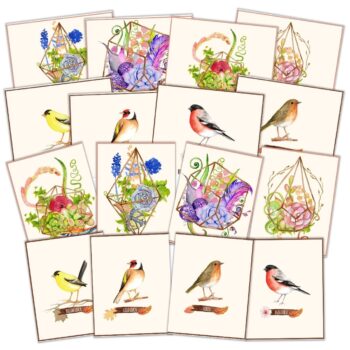


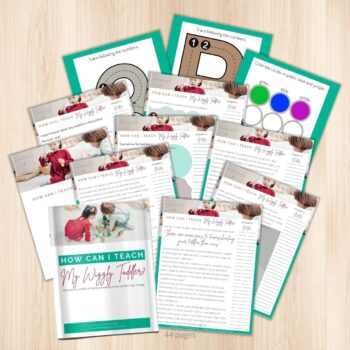
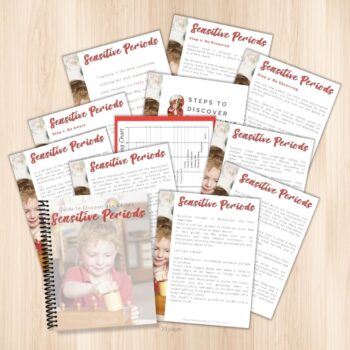
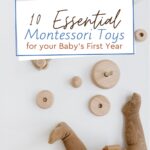

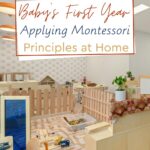







Leave a Reply